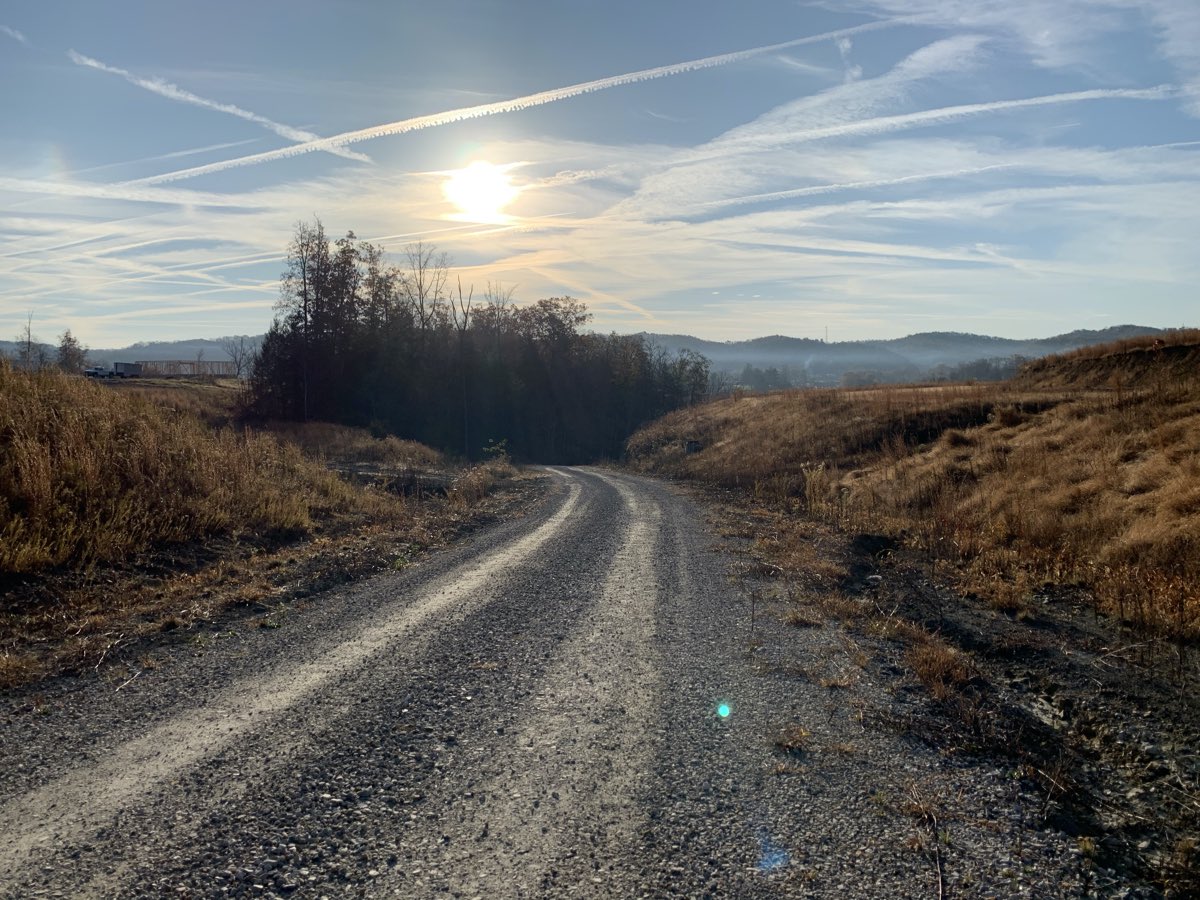I never race well in late April.
Every year, I stand on the starting line of an April race with a whole storehouse of winter training miles behind me, optimistic that my fitness will match my enthusiasm. Then, within the first few miles, my legs turn to Jell-O, and I can’t mentally rise to the challenge of competing well. I adjust my goals from (1) compete for the win, to (2) place in the top five, to (3) hold yourself together, woman. Complete the distance. This is my annual April tradition. Some people plant gardens or clean out the gutters in April. I race poorly and am reconstituted as Jell-O. Jell-O girl: This is a Kafka scenario inspired by Kraft Foods.
Late April
Why does this happen every year?
I have asked myself this question a lot over the years, and I think the explanation is probably the same as why I also seem to race poorly in mid-November: I have a lot on my plate. Mid-November and the end of April are points in the semester when major assignments are due. There are usually a number of administrative tasks and paperwork deadlines. There is a lot of stress—felt and communicated—and I am pretty zapped intellectually. As long as I am in academia, which will be, God-willing, my entire career, I may race poorly in Novembers and Aprils. We probably all have seasons on the calendar like this. It can be helpful to plan our race schedules with these seasons in mind, or—at the very least—to respond graciously to our inevitable floundering if we choose to race anyway.
I am curious about the mechanism by which I regularly fail to rise to the occasion in April and November, so this is what I will address in this column. It may have something to do with the kind of sport ultramarathoning is, which is a deliberative one.
The Concepts
I would like to make a distinction between what I will call “impulse sports” and what I will call “deliberative sports.”
An impulse sport is one for which you act with immediacy from habit.
A deliberative sport is a one for which reflective reasoning plays a more substantial role.
Examples of impulse sports include sprinting, wrestling, and ping-pong, which don’t leave much room for active reflection during play. These sports involve deliberation during practice and before and after competition. However, during the competition, the rules of action are not explicitly reasoned about; they are internal to the play. Furthermore, in an impulse sport, you don’t have time for your mind to wander, or you will fail to react. An example is, you cannot pause to consider whether to strike the ball with the back or front of the paddle. By the time you are done deciding, the ball will have already passed. A ping-pong master will have habituated the appropriate flick of the wrist, suitable for the moment, and will act swiftly and easily in response to the ball.
Conversely, sports like marathoning, ultramarathoning, distance biking, and triathlon are deliberative sports. There is a lot of space for active reflection during the event. I dare you to compete in a marathon and not spend a significant amount of time wondering about future miles, revising fueling and pacing plans, and replaying every single conversation that you have ever had with anyone over the past decade. There is a lot of time to think—about the run and about everything else.
Likely, most sports land somewhere along the spectrum between impulse and deliberative sports. For example, in soccer, players have conversations and strategize in response to new obstacles. Still, a soccer player would be at a disservice if her impulses were not well-ordered such that she could not act immediately and effectively upon receiving the ball. Soccer is somewhere in between impulse and deliberation.
Why This Distinction Matters
This is my way of describing something that we all seem to know: The longer a sporting event is and the more space there is for reflection, the more that what is happening between your ears plays a substantial role in the outcome of the competition. There is more room to actively implode or to eat yourself alive if you are stressed or mentally tired and are attempting to climb mountains alone for hours on end. The deliberative sport distinction provides a vocabulary for me to explain what is happening every time I underperform at the hard parts of the semester. I am physically ready but not mentally fresh enough to manage the reflective time well.
Why this distinction matters right now is that we are collectively experiencing a stressful moment—with COVID-19, forest fires, heightened social discord, and everything else. If these things are weighing on you mentally—and if you are participating in a deliberative sport—you will need to do a better job of managing your thoughts in the event to be able compete well.
Final Thoughts
People often speak as though good preparation is sufficient for a good race—as though it is a forgone conclusion that you will perform well if you do the right kinds of training prior to the event. But if there is one thing I, Jello-O girl, can assure you—it’s that you need to manage your thoughts well, too, because running is a sport for which reflective reasoning plays a substantial role. This is something I don’t do particularly well in April or November.
Call for Comments
- Have you ever contemplated the, ahem, contemplative aspect of ultrarunning?
- Are there times in your life where ultrarunning’s deliberative aspect serves you well, and others where it offers a greater mental challenge?
- Do you also play what Sabrina Little calls impulse sports? Can you share thoughts on the differences between them and ultrarunning?

